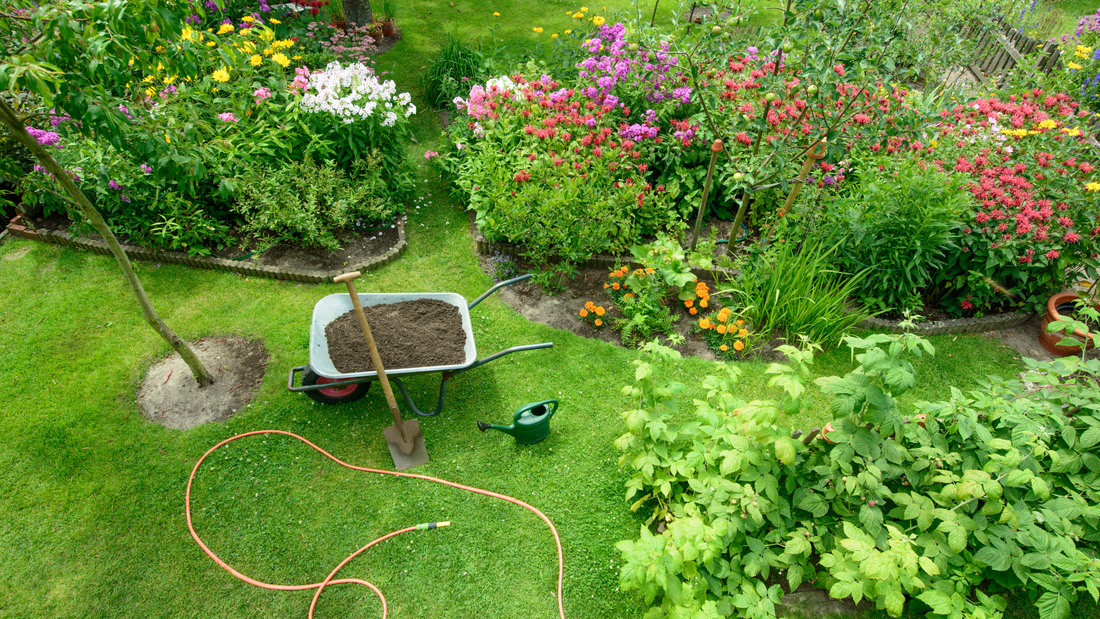|
In a word, yes! Though the word regenerative is becoming more well known and talked about, this is not a new concept. The focus of organic land care has always been to create healthy soil and ecosystems, and the standards for organic land care have always encompassed regenerative principles. Definition of Organic Land Care: "Organic Land Care is a sustainable ecological landscaping system that promotes and enhances biodiversity, biological cycles, and soil biological activity. It is based on minimal use of off-site inputs and on management practices that restore, maintain, and enhance ecological harmony and beauty in urban and suburban landscapes and gardens. “Organic” means landscaping with no synthetic pesticides of any kind (insecticides, herbicides, fungicides, etc.) and with no synthetic fertilizers or soil amendments." The idea that in land care a "regenerative" program is a step above an organic one or that these are two separate concepts is a misconception. When an organic landscaping program is implemented properly, it will regenerate degraded soil to a state of health. If a program doesn't do this, then it is not organic! As we discussed in our last blog, terms like regenerative can be used as greenwashing, or may be used to market a business or product. We must make sure that there is substance behind the terminology. If we know what organic land care is then we know that organic done right should always encompass regenerative and sustainable practices. "A key goal is to design landscapes that are regenerative, encouraging Nature’s healing processes to restore ecological balance in disturbed landscapes." NOFA Standards for Organic Land Care, 6th Edition A product swap approach, defined as a swapping out of synthetic products for natural ones, isn't going to have the resulting soil improvements that a true organic program would. Much is the same for "organic-by-neglect" which is stopping all synthetic pesticides without transitioning to an organic plan. True organic land care has many benefits, not least of all that it helps regenerate soil heath. For many modern urban landscapes, especially public lands that have seen heavy use or past applications of synthetics, organic management is needed to regenerate the soil to a state of health and to keep it that way. In this era of dramatic climate change, organic land care plays an essential role in helping to drawdown excess carbon and stop the release of other greenhouse gasses. We hope you will join the growing movement of communities working towards regenerating their landscapes with organic practices. Visit our Resources page to get started. |
Archives
March 2024
Categories |
|
Non Toxic Communities is a 501 (c) (3) charitable organization
Nontoxic Communities Foundation, Inc. dba Non Toxic Communities Copyright © 2024 Non Toxic Communities - All Rights Reserved Site design by Bee Rooted | About Us | Contact Us |

 RSS Feed
RSS Feed
